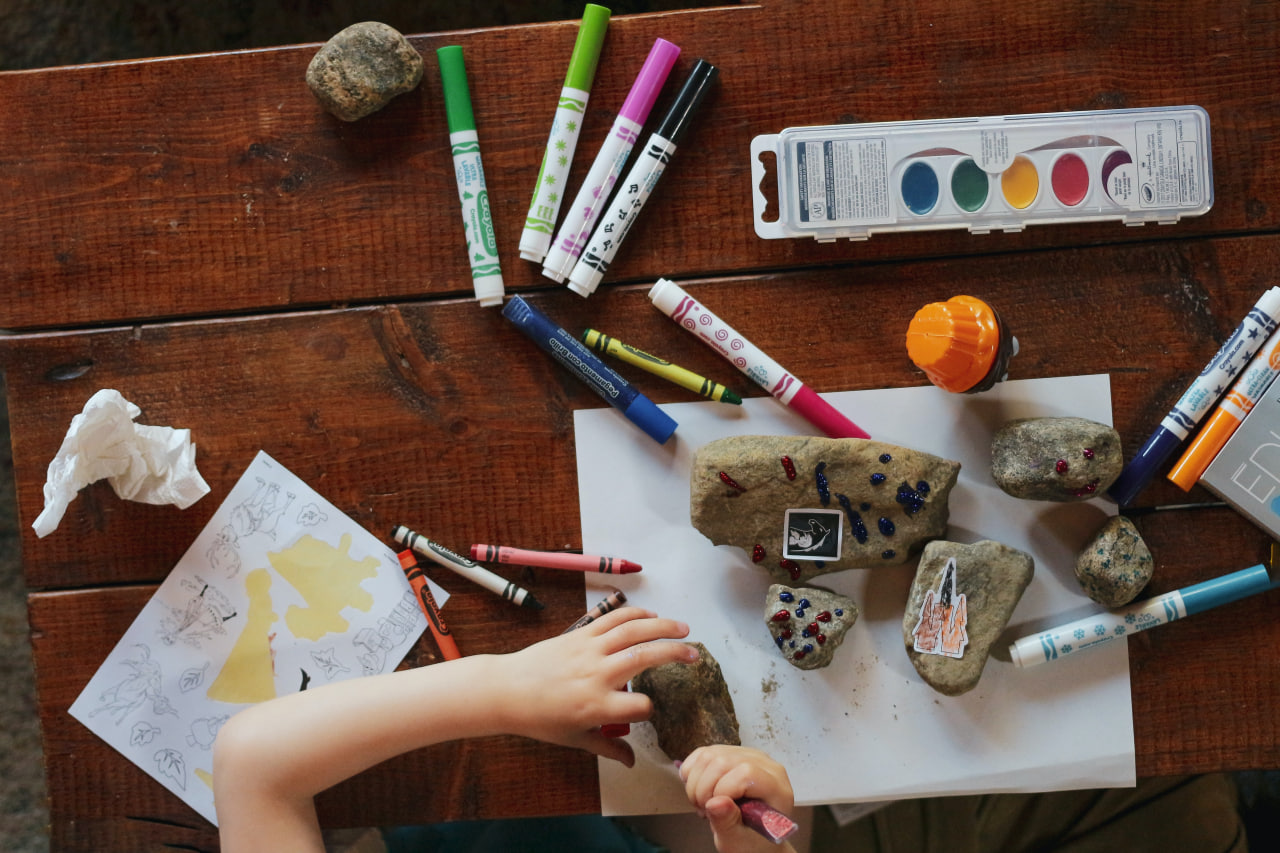Mental Grids: The Benefits of Puzzles for Children's Cognitive Development
Puzzles and brain teasers are a great way to improve your child's cognitive development. In this article, you will learn about the benefits of puzzles and brain teasers for children's cognitive development.
Types of puzzles and brain teasers
As you can see, there are many types of puzzles and brain teasers that children can enjoy. Crosswords are great for expanding vocabulary, puzzles help develop spatial thinking and logical skills, memory games improve concentration, and math problems improve math skills.
If you're looking for a fun way to help your child's cognitive development while playing, then puzzles and brain teasers might be just what you need!
Advantages of puzzles
First of all, it is a great way to improve your child's cognitive skills. They will help them learn to solve problems, improve memory, increase creativity and develop cognitive skills.
In other words, puzzles are good for kids!
Encouraging puzzle and quest games
Encourage puzzle games and brain teasers by setting aside time for them. Make it fun and exciting so that your child wants to spend more time with puzzles. Provide feedback and support when needed, but don't do the work for them!
Making puzzles and brain teasers available
There are many ways to make puzzles and brain teasers accessible to your child.
Provide age-appropriate puzzles and brain games. The best way to do this is to use online or offline resources that offer a wide range of difficulty levels so you can choose one that matches your child's current skill level. If you're creating your own puzzles and brain teasers, keep in mind that some kids may be more interested in solving them than others - so don't feel like you have to make every puzzle super difficult!
Using puzzles and brain teasers to teach math and science
Puzzles and brain teasers are a great way to introduce kids to math and science concepts. You can use real-life examples, such as figuring out how much money you have left after buying groceries, or how many people can fit in your car.
You can also offer hands-on activities for children to explore the world around them with puzzles and brain teasers. For example, if you are making cookies with your child, ask her how many cookies she thinks will fit on her plate before you bake them; then count together when you're done!
Using puzzles and brain teasers to teach language skills
You can use puzzles and brain teasers to help your child develop language skills. Encourage reading, writing and speaking with puzzles and brain teasers.
Puzzles can be used to teach grammar and spelling by asking the child to identify the parts of speech in a sentence or to rearrange words into different sentences. For example: "The boy ran down the street."
Use storytelling activities, such as telling stories about your favorite characters from books or movies; it will help develop creative writing skills!
Using puzzles and brain teasers to teach social skills
Puzzles and brain teasers are a great way to teach social skills. With the help of puzzles and brain teasers, children can learn cooperation, order and communication.
Use group activities and shared puzzles. Group puzzles are a great way for kids to work together to solve a puzzle. Puzzles involving two or more people can also help children develop communication skills by encouraging them to talk about what they think will happen next in the story or the picture depicted on the faces of the puzzle pieces.
Teach patience and perseverance. Puzzles and brain teasers are great for teaching kids to be patient as they try to solve a problem. They also help children understand that sometimes it takes time and effort to get the right answer.
Puzzles allow children to set their own goals, make decisions about how they will solve them, follow through on those decisions, evaluate whether their decisions were successful or not (and backtrack if necessary), repeat this process as they progress towards their goal - all these skills will be useful to them throughout their lives! It's a fun way to stimulate your child's cognitive development. Providing age-appropriate puzzles and brain teasers will help them develop problem-solving skills and teach them math, science, language, social and life skills.
